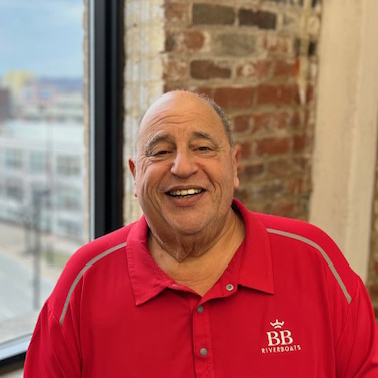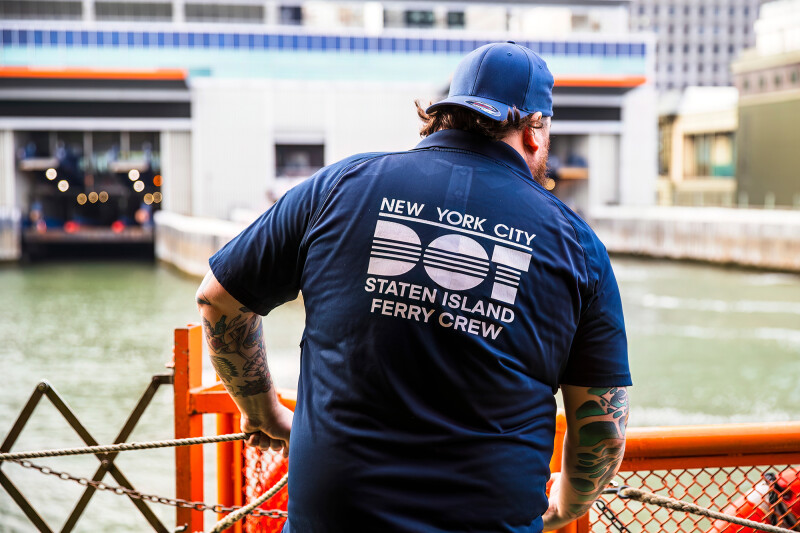I have been employed aboard passenger vessels since 1970, when I started as a very inexperienced deckhand and dining room attendant on the famed Delta Queen steamboat. My classroom was on-the-job training, and I quickly learned all that I could in long hours of hands-on work while plying our nation’s rivers. This practical experience gave me the basic sea service time that allowed me to pursue a career as a licensed mariner. Today, I proudly hold a 100-ton inland masters license, a 1,600-ton western rivers masters license, and an unlimited master of towing vessel license.
Because I worked long hours underway, I was able to accumulate the necessary service hours that I needed to become a licensed mariner. Today, a license candidate must accumulate at least 360 days underway to qualify to take an exam. In the towing, deep-sea, offshore supply, or other maritime industries, this method is acceptable because crew normally work eight- to 12-hour days. A day of sea service is accrued after eight hours underway, and 1.5 days is credited after 12 hours.
At BB Riverboats, we run lunch, dinner, and excursion cruises lasting one to three hours. While our employees may work an eight-hour day they fall short of the required sea time minimums in most cases. This is a big problem for passenger vessel industry employees who aspire to get a license and then do not get credit for their time working aboard a vessel.
Engine room jobs are good examples of this as employees spend many hours working in the engine room of the Belle of Cincinnati when it is not underway. Most of these hours cannot be counted. I encourage employees to seek an endorsement as a qualified member of the engine department or even to become a designated duty engineer, of which there is an industry shortage, but I know that it is an uphill battle to get sea time even though they work long hours. I believe it does not matter if the vessel is underway or not, a mariner should receive credit for every hour he or she logs when working on board.
I believe that the Coast Guard should consider allowing employees on small passenger vessels to accrue the work hours that will allow them to accumulate sea time to at least meet the minimum requirements. If proficiency is the goal of licensing, then testing will be the determining factor.
This is a barrier to entry for employees with larger career goals in the industry. It is an even larger problem for owners and managers who are in dire need of licensed mariners. We are operating in a system that is working against us.




